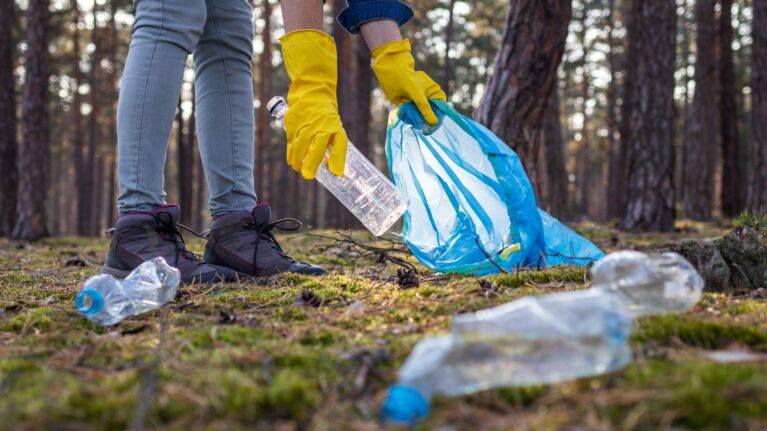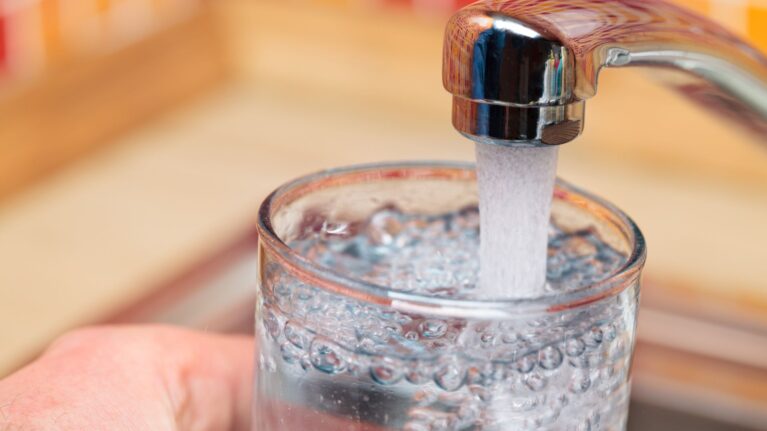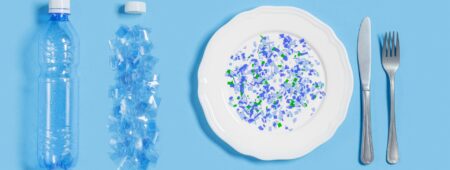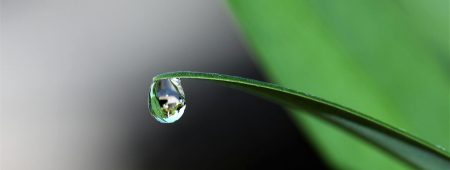Tap water in Poland - facts, myths and why you should drink tap water
What do you think would happen if you drank a glass or maybe even two glasses of tap water today? The answer is - absolutely nothing. Yet tap water still stirs up emotions - some people drink it every day, others only drink boiled water.
What do you think would happen if you drank a glass or maybe even two glasses of tap water today? The answer is - absolutely nothing. Yet tap water still stirs up emotions - some people drink it every day, others only drink boiled water.
It's time to confront the most common beliefs and see what's really in the water that flows from our taps.

5 facts about tap water
- Tap water in Poland is safe. It is subjected to disinfection, filtration and treatment so that it is free of microorganisms and meets high quality standards.
- Tap water is much cheaper than bottled water. The cost of a litre and a half of bottled water is around £2, while you will pay just a few pennies for the same amount of tap water.
- Tap water has numerous minerals. Minerals beneficial to our body, such as magnesium, phosphorus, potassium and calcium, can be found in tap water.
- Karnówka can be drunk without boiling it. Tap water is free of bacteria, so boiling it is not necessary. Heating to a high temperature only serves to eliminate microorganisms that have already been removed during the treatment process anyway.
- Tap water is a good choice for you and the environment. According to nutritionists, tap water - just like spring or mineral water - is safe and can successfully form part of a daily diet. It is a simple way to look after your health and the planet at the same time.

Did you know that.
Every year, nearly 4 billion PET plastic bottles end up in Polish forests and rivers? They can take up to 500 years to decompose, which means that each abandoned bottle pollutes the environment for many generations, harming the soil, water and the animals that live there.
5 myths about tap water
- Sediment in the kettle indicates poor quality water. It's a myth. Limescale and sediment in the kettle only indicate the presence of calcium and magnesium in the water. It is these minerals that precipitate during boiling, forming a deposit on the walls of the kettle.
- Kidney stones are the fault of the faucet. This is not true. Kidney stones are formed by an excess of certain chemicals in the urine - usually due to disease or metabolic disorders.
- Hard water is detrimental to health. It's a myth. Although hard water can be a nuisance to household appliances, it contains valuable minerals such as calcium and magnesium, which can have a positive effect on the body.
- Water in Polish cities is of poorer quality than in other EU countries. This is not true. Polish water meets the same, and sometimes even stricter, standards than in other EU countries.
- Chlorine in tap water is harmful. It's a myth. Chlorine acts as a disinfectant to ensure the microbiological purity of the water. The doses of chlorine used are safe and do not harm health.

Did you know that.
In many countries (e.g. the Netherlands, Germany, Switzerland), drinking tap water is commonplace and even promoted by local authorities. In restaurants, you can often ask for free tap water - and this is not unusual.
How do you check the quality of the water in your home?
If you want to make sure your tap water is of good quality, you can:
- Obtain information on the state of your water by contacting your local water supply company or checking their website;
- Test the water - water analysis kits are commercially available;
- Boil it - the boiling process removes any bacteria from it;
- Use water filter jugs;
- Fit a water filter on the tap.
What are you losing by buying bottled water?
- You are overpaying - up to 300-500 times more than for tap water.
- You create waste - the statistical Pole uses around 300 PET bottles a year.
- You are exposing yourself to microplastics - studies show that bottled water often contains microscopic plastic particles.



